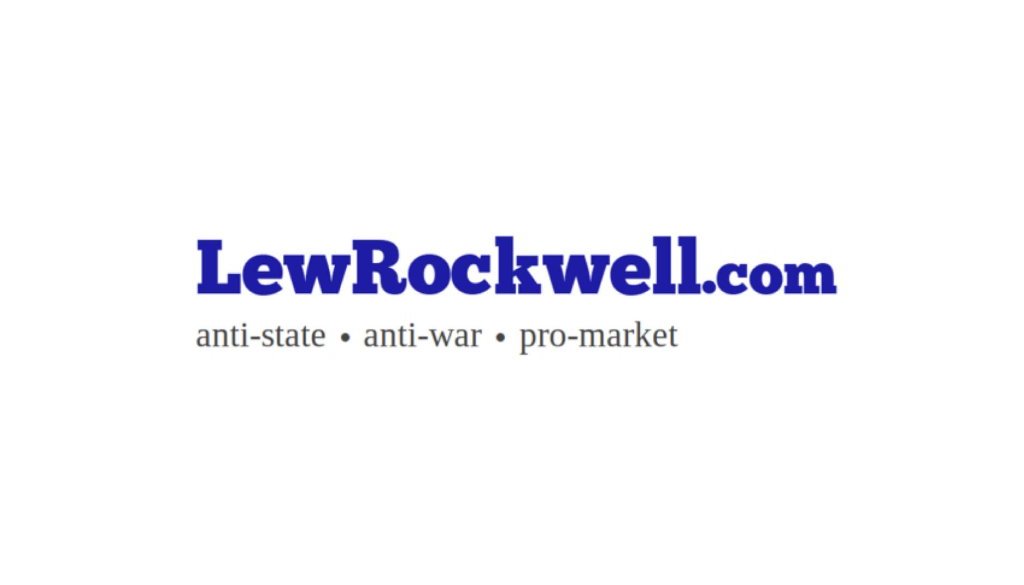Jesus Called People Morons: The Sacred Insult That Could Save a Civilization
Have you ever had one of those jarring moments when the lyrics of a song you once jammed to as a kid suddenly hit you with grown-up clarity? Maybe it was hearing Free Bird and suddenly realizing the masses in your high school were swaying to a breakup anthem. Or perhaps at your kids’ Catholic athletic event it struck you that “if you’re into evil you’re a friend of mine” (AC/DC’s Hells Bells) might not be the best fire-up song (pun intended). One of my personal favorites was discovering the biting genius behind Bugs Bunny’s old jab, “What a maroon!”—a mispronounced moron, cloaked in Looney Tunes levity but hitting with uncanny precision.
In this age of moral preening—where every tribe, every talking head, invokes Jesus Christ as the mascot of their cause—here’s the mic drop no one saw coming: Jesus called people morons.
Let’s not sentimentalize or sanitize this. Let’s not mistake it for a clever quip or a throwaway insult. No, in the unflinching light of Matthew 23, Christ—the Incarnate Word, the Author of all goodness, truth, and beauty—looks the most religious men of His day in the eye and calls them μωροί (moroi). Fools. Morons. He does this not to demean but to awaken; not to shame but to judge rightly—and to invite us to do the same.
Not for the sake of casting stones but for the sake of being formed, let’s go there.
When Christ condemned the Pharisees, He did not merely call them blind—He called them μωροί (moroi), the very root of our modern insult moron. “You blind fools!” He thunders in Matthew 23:17. “For which is greater, the gold or the temple that made the gold sacred?”
This wasn’t a slight at their intelligence. It was a
Article from LewRockwell

LewRockwell.com is a libertarian website that publishes articles, essays, and blog posts advocating for minimal government, free markets, and individual liberty. The site was founded by Lew Rockwell, an American libertarian political commentator, activist, and former congressional staffer. The website often features content that is critical of mainstream politics, state intervention, and foreign policy, among other topics. It is a platform frequently used to disseminate Austrian economics, a school of economic thought that is popular among some libertarians.




